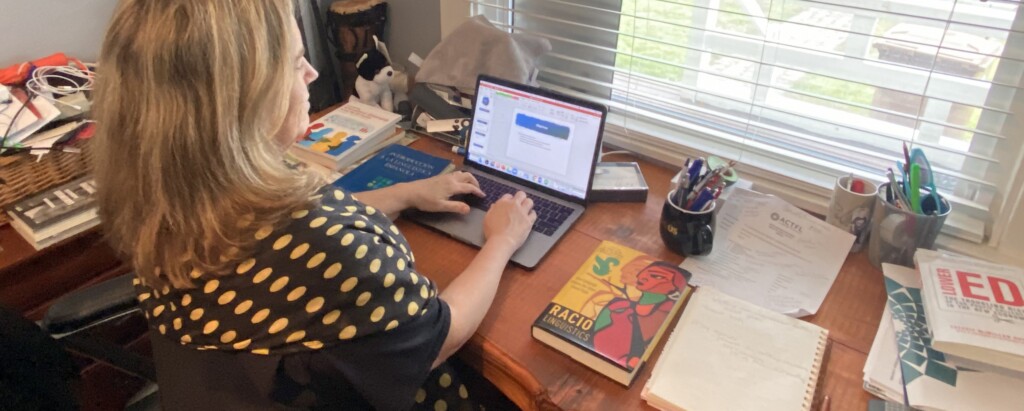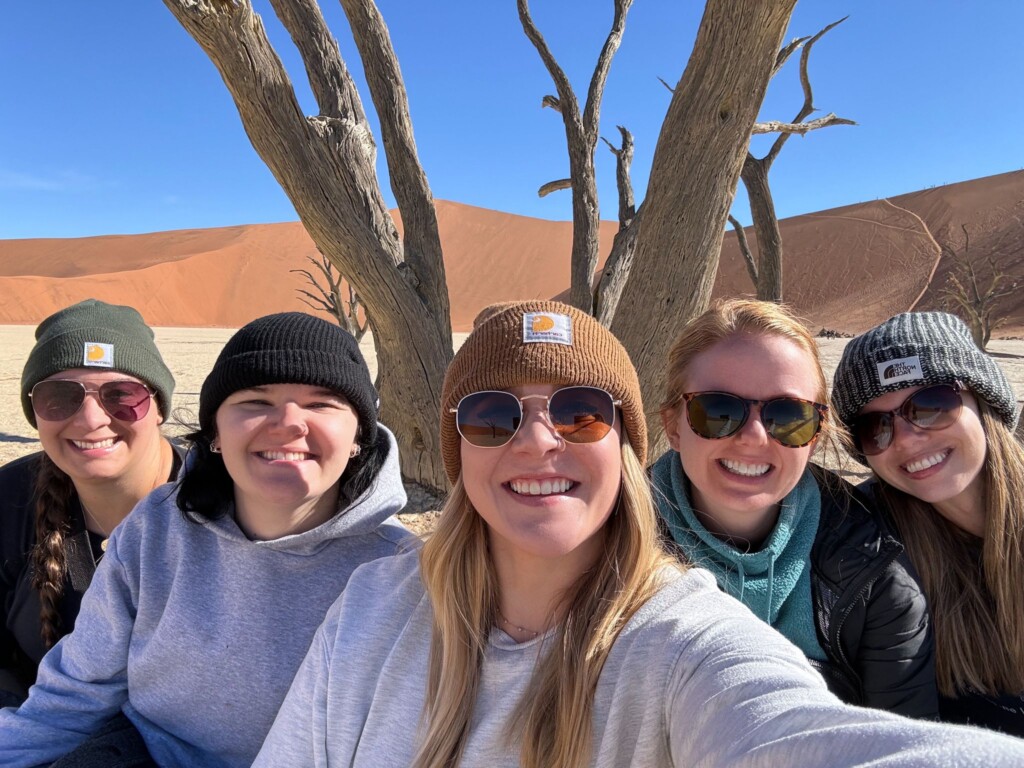Page 37 • (510 results in 0.034 seconds)
-
Major in Kinesiology Health and Fitness Education Concentration 66 semester hours BIOL 205: Human Anatomy and Physiology I (4) BIOL 206: Human Anatomy and Physiology II (4) KINS 277: Foundations of
and management strategies, design of instructional materials and techniques for implementing them, and strategies for working with diverse learners in physical activity settings. This course is a prerequisite for all teaching methods courses and should be taken prior to or in conjunction with the education hub. (2) KINS 280 : Fitness and Recreation Programming and Delivery Focused on the planning, organization, delivery and evaluation of a variety of fitness and recreation activities in school and
-
helpful FAQs and on-demand tutorials, in addition to personal support via phone or email. If you’re on campus, you can also drop by their location on the first floor of the Library.Learn More Instructional Technologies Students in blended classes with portions on-campus at PLU can take advantages of the equipment and training resources provided by Instructional Technologies. Need a piece of equipment to create or appropriately present a project in class? Interested in improving your skills in Sakai
-
Join the Computer Science Department to hear the senior capstone presentations. Student presentations will take place Friday and Saturday. All talks are scheduled in Morken 203.
Mathematics), Sami Lynn (BSCS) Coding the Concepts is an online interactive tool that can be used by students for studying concepts of the new AP Computer Science Principles course being offered at various high schools. The course is endorsed by the CollegeBoard, encouraging students to understand the principles of computer science and computation, and take opportunities to use current technologies for self-expression and worldly understanding. The purpose of our web app is to provide introductions to
-
MediaLab staff members keep up a steady workflow of award-winning documentaries. All of our documentaries are listed below in chronological order.
Chapter is tackling the issue of homelessness in greater Pierce County, Washington. Co-founders Monique Patterson and Kathryn Hedrick, as well as Next Chapter clients, share their stories of resilience, hard work and community in their journey to house single mothers and their families.Eyes Above, 2020As the United States further militarizes its border with Mexico, the Tohono O’odham tribe in southern Arizona grapples with the encroaching surveillance technologies being implemented on its land under
-
Product Website: wordpress.com Cost: Free
future of communication at the same time they must adhere to traditional expectations about writing that persist in academic and professional contexts.What is one instructional technique or project that is particularly effective, innovative, or engaging?“I have been experimenting with technology in my classes (and in my own scholarship) for years. I’ve used presentational tools (Prezi, Slid.es), map-making applications (ThingLink, Google Maps), and digital video and audio software (iMovie, Audacity
-

TACOMA, WASH. (March. 25, 2020) — Distance learning and teaching can feel isolating at times. PLU Professor of Hispanic Studies Bridget Yaden has been combating these potential limitations by using different technological tools to make her virtual classroom as accessible and accommodating as possible. The…
we learned not just how to use the technology but also what is best for learning. The PLUTO workshops provided in-depth learning on pedagogy, accessibility and thoughtful course design. PLUTO has us all set up for success in this unique situation because they have developed the infrastructure for instructional technology support. In addition to teaching fully online and asynchronous language courses in the summers, I’ve taught synchronous courses through the School of Education online for years
-

At a summer 2023 banquet launching the Uukumwe Project, Sanet Steenkamp, executive director of Namibia’s Ministry of Education, Arts, and Culture, advised a group of Namibian and American teachers not to hold back. “The children,” she said, “deserve for us not to hold back.” Steenkamp’s…
,” she said, “deserve for us not to hold back.” Steenkamp’s speech resonated with Autumn Fitzgerald ’10, a K-5 instructional specialist at Willow Crest Elementary in Auburn, in part because it was as challenging as it was inspiring.“We come from a culture in which ‘beating around the bush,’ as my Namibian colleagues called it, is the norm—tiptoeing around feedback to protect the feelings of adults above what’s best for the kids,” Fitzgerald explained. Still, the concept stuck with her, and she found
-
Innovation Studies minors must complete a minimum of 20 credit hours in the following key areas: Introduction to Innovation Studies (4 credits) Innovation Principles (8 credits) Elective (4 credits)
ES (4), offered Fall 2025 PHIL 248 – Innovation, Ethics, and Society (4), offered tbd Three courses covering a history of innovation, problem solving, and creativity in the global economy, emphasizing the ethical considerations that arise as a result of new products and initiatives, disruptive technologies, globalization, and cultural change. Students may take any 248 section. Each emphasizes clear writing and communication practices, teamwork, and building an ethical vocabulary for business and
-
Enhancement March 16th, 2023 4:00 - 6:00 p.m. Scandinavian Cultural Center in the Anderson University Center Speakers will be: Professor Tim Brown from the University of Washington The Moral
deeper collaborations between humanists and engineers in the future. Professional Affiliations: International Neuroethics Society, American Philosophical Association, American Society for Aesthetics Education: Ph.D, Philosophy, University of Washington, 2019 M.A., Philosophy, University of Washington, 2014 B.A., Philosophy, UC Santa Cruz, 2008 Henry T. (Hank) Greely (BA ’74) specializes in the ethical, legal, and social implications of new biomedical technologies, particularly those related to
-
Major in History Minimum of 36 semester hours; including 4 semester hours of historical methods and research (HIST 301) and 4 semester hours of seminar credits (HIST 499).
ethics, the role of the entrepreneur, and the place of women and minorities in American business society. (4) HIST 248 : Innovation, Ethics, & Society - ES A history of innovation, problem solving, and creativity in the global economy, emphasizing the ethical considerations that arise as a result of new products and initiatives, disruptive technologies, globalization, and cultural change. Draws attention to stages in the innovation process and the importance of teamwork, effective communication, and
Do you have any feedback for us? If so, feel free to use our Feedback Form.


